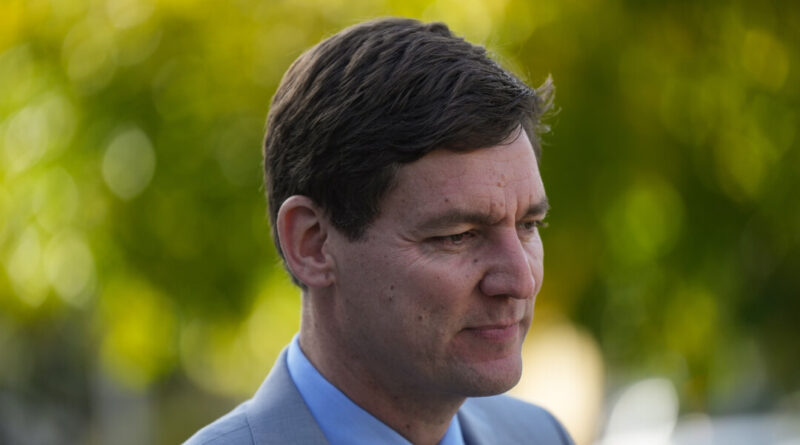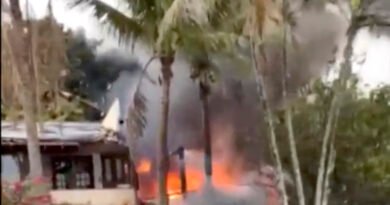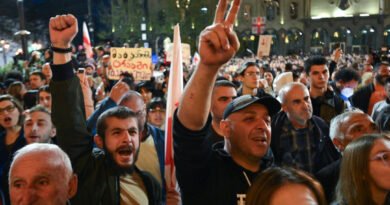BC Premier Eby Seeks Ottawa’s Assistance in Verifying Names for Suspected Foreign Connections
Amid concerns about increased foreign meddling, B.C. Premier David Eby requested assistance from the national security adviser of the prime minister to help political parties in his province vet names for possible nefarious foreign ties, as revealed by the Foreign Interference Commission.
At a meeting, Eby reportedly asked National Security and Intelligence Advisor (NSIA) Jody Thomas a series of questions, which were documented as evidence at the inquiry on Oct. 7. The document mentioned topics such as Foreign Interference, Election Security, countering fentanyl, organized crime, money laundering, corruption, and enhancing provincial and community security.
Officials from the Privy Council Office, where the NSIA is located, stated that they were unaware of the specifics regarding the meeting, including the date and the reason for it. Thomas retired in January 2024.
“Premier Eby inquired about the possibility of B.C. political parties seeking approval from federal national security authorities to verify names for potential covert ties to foreign states or significant links to organized crime,” according to the meeting’s account by the PCO.
The document did not disclose Thomas’s responses to Eby’s inquiries but included draft responses prepared by the PCO.
“Federal security and intelligence agencies do not conduct political party background checks as part of their official mandates,” the document stated.
The PCO document on Eby’s meeting with Thomas mentioned additional questions raised by the B.C. premier regarding elections and foreign interference. He inquired about being notified if any of his nominees or candidates had improper contacts with foreign states and how to address any foreign interference in provincial elections.
“It is unclear if the B.C. Premier has the authority to request or receive this information,” PCO responded. “Canadian political party candidates and nominees have the same rights as all citizens, including freedom of assembly and protection against unreasonable search and seizure.”
“Both intelligence agencies, CSIS and CSE [Communications Security Establishment], have implemented enhanced measures, especially after the passing of Bill C-70,” Eldebs stated.



